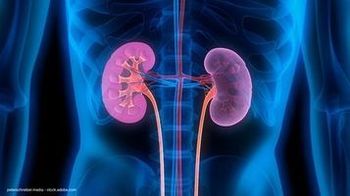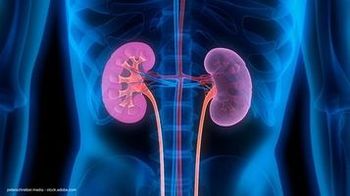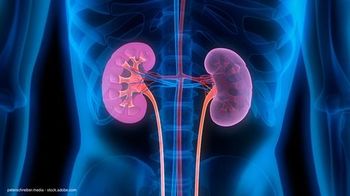
Comparison study: Denosumab is better at delaying skeletal events in PCa
Denosumab appears to delay skeletal-related events in patients suffering from metastatic prostate cancer, according to results of a phase III, head-to-head trial evaluating denosumab versus zoledronic acid (Zometa).
Denosumab appears to delay skeletal-related events in patients suffering from metastatic prostate cancer, according to results of a phase III, head-to-head trial evaluating denosumab versus zoledronic acid (Zometa).
In a study of 1,901 men with advanced prostate cancer, denosumab, a human monoclonal antibody that is in late-stage development, demonstrated superiority over zoledronic acid for both delaying the time to the first on-study skeletal related event (hazard ratio 0.82, 95% CI: 0.71, 0.95) and reducing the rate of multiple skeletal-related events (hazard ratio 0.82, 95% CI: 0.71, 0.94). Both results were statistically significant.
Overall rates of adverse events and serious adverse events were generally similar between the two arms.
The international study is the final of three trials in a total of more than 5,700 advanced cancer patients investigating the potential of denosumab to treat bone metastases. Patients enrolled in the study were randomized in a 1:1 ratio to receive either denosumab, 120 mg subcutaneously every 4 weeks, or zoledronic acid administered intravenously as at least a 15-minute infusion at a dose of 4 mg every 4 weeks as per the labeled instructions.
Results from the trial will be presented at the American Society of Clinical Oncology annual meeting in June.
Newsletter
Stay current with the latest urology news and practice-changing insights — sign up now for the essential updates every urologist needs.





